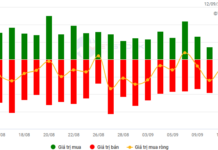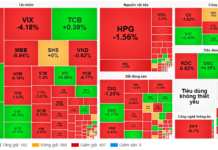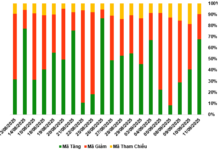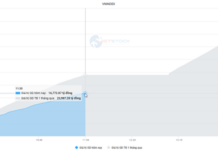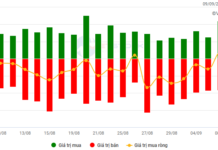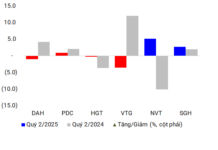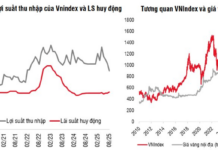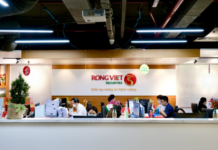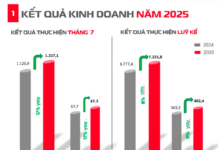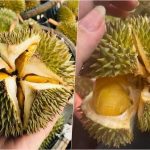Ms. Nguyen Thi Duong, a resident of District 11 in Ho Chi Minh City, often watches online videos about unboxing mini durians, and has since become a fan, occasionally purchasing them for consumption. Ms. Duong shared that she usually opts for fruits weighing between 1 to 1.5 kilograms, which is perfect for a single serving, and their small size makes them easier to open, revealing a generous amount of flesh.
According to Mr. Trinh Thanh Tung, representative of Dang Khoi Agricultural Products Company Limited in Ho Chi Minh City, it is currently the season for Thai durians (also known as Monthong or Dona), and the mini variety is particularly popular in the domestic market. The company supplies a few tons of these durians to the market each batch, and they are often pre-ordered by their clients.
“The supply of mini durians is limited, accounting for only about 2-3% of the total yield in each garden, as farmers focus on cultivating larger fruits that cater to the preferences of the Chinese market (weighing between 1.6 to 5.5 kilograms, meeting the ‘hocchi’ standard, typically referred to as Grade A and B exports) to fetch higher prices. We choose to work with mini durians because the smaller fruits naturally ripen to produce delicious flesh that meets the Grade 1 standard,” explained Mr. Tung.
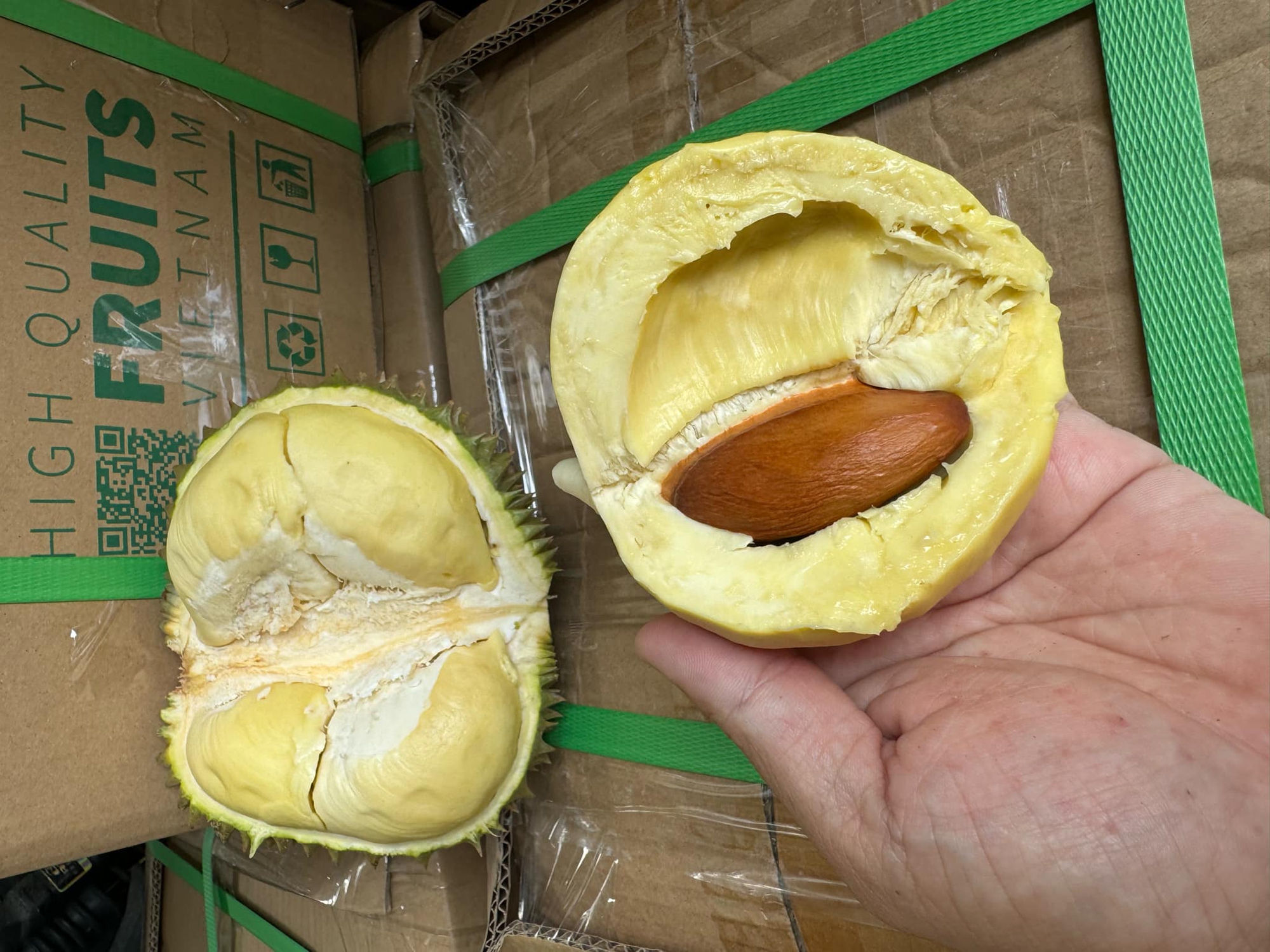
Mini Dona durians from the Central Highlands region
Mr. Tung further elaborated that he places orders with durian cutters who sort the fruits directly at the gardens, selecting those suitable for export, while the remaining fruits are left on the trees to ripen fully before being harvested and packaged for domestic distribution.
A representative from a high-end food store chain shared that small families and individuals often refrain from purchasing large durians priced at over 500,000 VND per fruit, opting instead for smaller ones that are more manageable for a single serving.
“We also offer a solution by selling durian arils in boxes, priced between 100,000 and 200,000 VND, making them more affordable for customers,” the representative added.
Previously, when Thai durians were in season, mini Thai durians also witnessed strong sales in Vietnam for similar reasons.
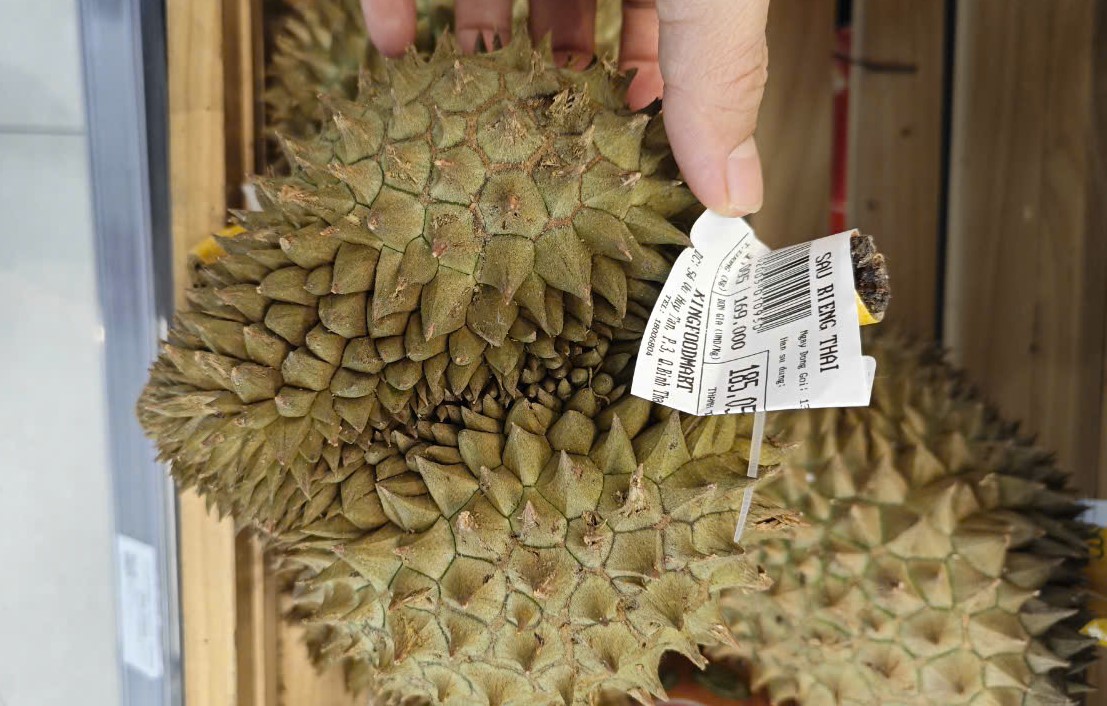
A mini durian weighing over 1 kilogram sold in a supermarket
Fruit and vegetable experts shared that Vietnamese consumers generally prefer small and medium-sized durians. Additionally, smaller durians are more affordable than their export-grade counterparts, making them more appealing to buyers.
Apart from sourcing mini durians directly from gardens, traders can also procure them from wholesale export warehouses.
According to the prices announced by these warehouses, mini durians (also known as ‘bi’ grade) cost nearly 50% less than Grade A durians (around 45,000 – 50,000 VND per kilogram). The market also offers ‘dạt’ grade and ripe durians at even lower prices. Depending on their quality and appearance, durians are categorized into different price segments.
Currently, Dona durians of Grade A quality are priced between 85,000 – 87,000 VND per kilogram, while Grade B durians are 20,000 VND lower.

